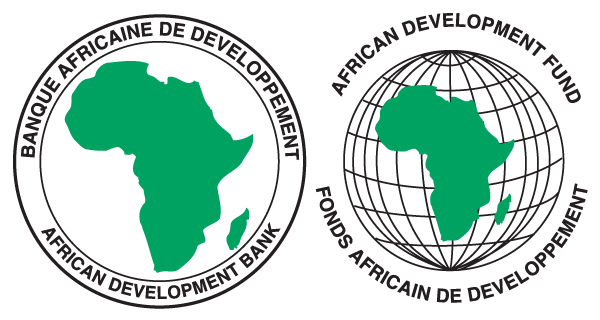
African Development Bank (AfDB) is targeting to strengthen innovative financing and trade credit facilities towards the growth of SMEs in the fertiliser industry.
BY TATIRA ZWINOIRA
AfDB president Akin Adesina said recently in a statement, there was now a critical need to strengthen innovative financing and risk mitigation tools, including trade credit facilities and hub distribution financing, targeted towards the growth of SMEs in the fertiliser value chain.
“Agriculture is a business, building SMEs is, therefore, critical to creating rural employment and wealth. Strengthening the capacity, including financing distribution channels should be part of the new orientation of the African Fertiliser Financing Mechanism (AFFM),” he said.

“There have been many changes in the African agriculture and fertiliser landscape since the Africa Fertiliser Summit that was convened in Abuja in 2006. The AFFM should respond by shifting towards supporting agriculture as a business among smallholder farmers.”
This comes following a meeting with a four-member African Fertiliser and Agribusiness Partnership (Afap) delegation led by its president and CEO, Jason Scarpone on November 27.
The establishment of the AFFM was agreed on at the Africa Fertiliser Summit, to meet the financial requirements of the various activities agreed upon at the convening, that would boost the growth of the fertiliser industry in Africa, including manufacturing.
- Chamisa under fire over US$120K donation
- Mavhunga puts DeMbare into Chibuku quarterfinals
- Pension funds bet on Cabora Bassa oilfields
- Councils defy govt fire tender directive
Keep Reading
Scarpone briefed AfDB officials on Afap’s targeted work in Tanzania, Ghana, Mozambique, Malawi, Cote d’Ivoire, Nigeria and Ethiopia. He said Afap was working with partners and had, in the past three years, developed innovative public-private partnerships to establish more competitive and sustainable fertiliser businesses that benefit smallholder farmers.
“Afap believes that a united public and private sector can bolster the marketplace and encourage consistent and responsible fertiliser use. Collaboration with AFAP would allow the AFFM to scale up fertiliser value chain investments by tapping into existing Afap supported distribution networks and trade platforms.”
Scarpone pointed out that through AFFM support, Afap could scale up its current work in East, South and West Africa to strengthen emerging SMEs in importing, distributing, blending and retailing fertilisers. It is anticipated that through collaboration with AfDB and other organisations, Afap will play a major role in the development of a roadmap that will lead towards greater access to finance SMEs in the fertiliser value chain.
Adesina said Afap must work closely with AfDB and other organisations, including Alliance for a Green Revolution in Africa, to prepare a concept to inform the modalities of co-operation that would lead towards the implementation of the AFFM.
It is expected that this will provide greater and more affordable access to fertiliser for smallholder farmers.











